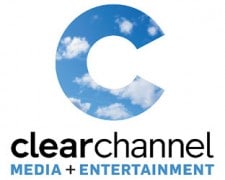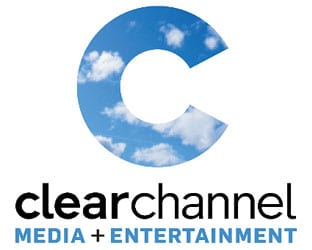
Robbins Entertainment, an independent recording company specializing in Dance/Pop music, and its artists, will get a share of Clear Channel radio revenues in exchange for custom streaming rights for the same music.
Robbins artists include Afrojack, D.H.T., Casdada and DJ Sammy. The company was founded by Cory Robbins, who was previously president/co-founder of Profile Records.
Robbins will add to Clear Channel’s growing roster of record label partners, which also includes Big Machine Label Group, Glassnote Entertainment Group, DashGo, rpm Entertainment and Naxos.
“I’ve always said that the music industry needs to figure out a way to give listeners what they want,” said Robbins. “Clear Channel has always believed in playing the best music on its stations, regardless of the size of the label or the national picture, and I think Clear Channel’s strategy will help Internet radio become a viable business, encouraging its growth and enabling listeners to discover and enjoy our roster of the hottest dance artists. The growth of Internet radio will be a boon for all parties — artists, labels, distributors, and fans.”
“Cory Robbins has a rich history of introducing great artists from a variety of genres,” said Bob Pittman, CEO of Clear Channel. “He understands what music and dance fans want and he has been a pioneer in delivering it to them, wherever they are, on whichever device suits them best. Cory also understands that the health of our industry depends on all of us working together to produce the music, the products and the services that our customers want. These kinds of market-based agreements satisfy our listeners¹ love of music, increase artistic opportunity and diversity, and fuel innovation, job creation, and growth in the Internet radio sector.”
RBR-TVBR observation: A label deal a day will keep the regulators away. The fact is, it is very difficult to take legislation from bill to law status. It is particularly hard when the issue at question is business v. business.
In other words, if when debating a given issue, one side can say it’s protecting businesses so they can better serve their customers, while the other says it’s protecting consumers from the questionable actions of businesses, you have a major philosophical hurdle to overcome.
While the royalty issue has a certain such element, if you look at it as musicians v. big media, in the end, it comes down to broadcast v. labels, or business on business.
Many legislators would love to be able to avoid choosing sides in such a struggle, and if it can be shown that a free-market solution to a given problem is being put into place, it greatly reduces the chances of a legislative remedy.
So keep these radio/label deals coming!





